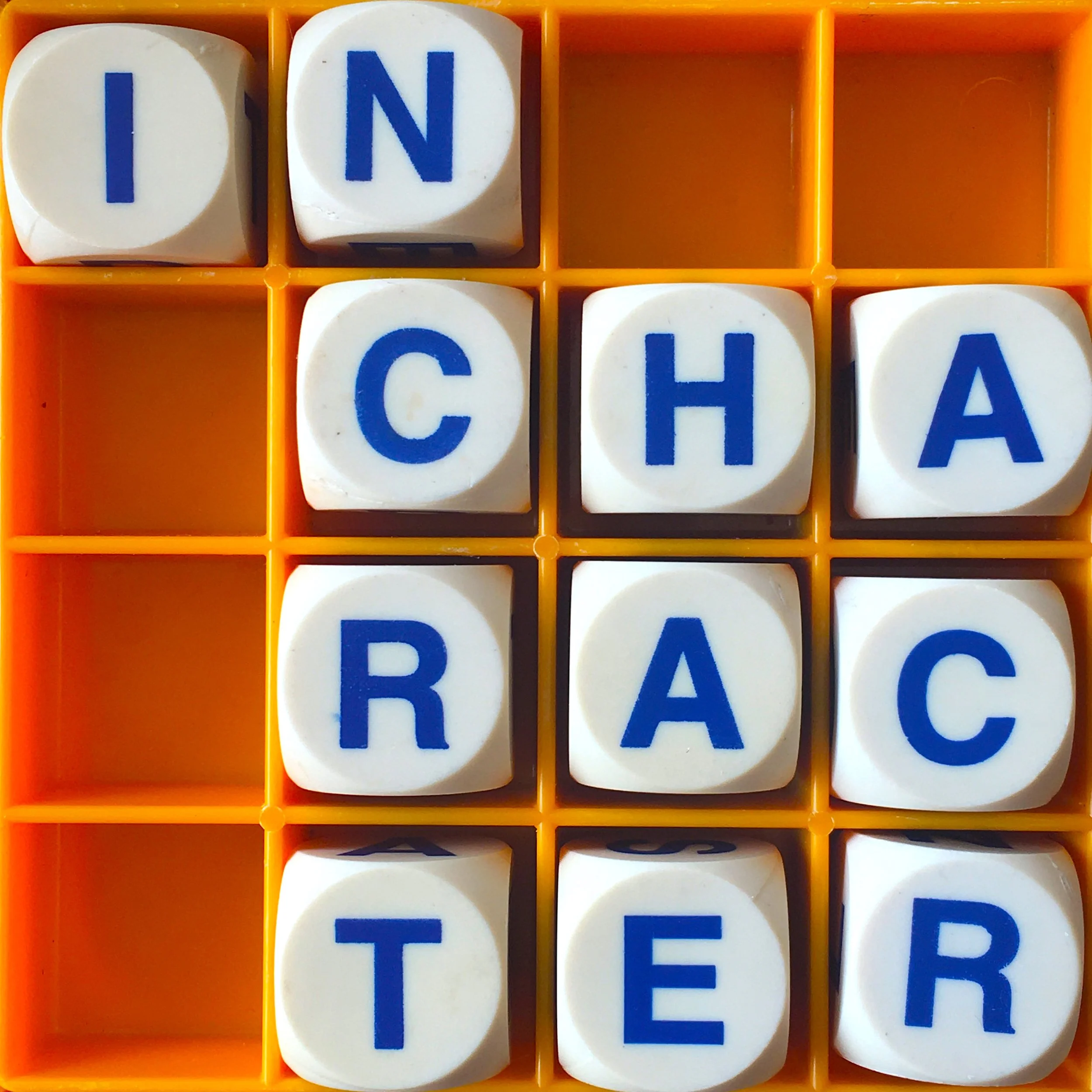There's so much more to say about Singlish after last episode that we're saying some more of it this episode. Poet and academic Gwee Li Sui, author of Spiaking Singlish: A Companion to how Singaporeans Communicate, describes the resistance he received in Singapore when he published Singlish translations of literary works - and why they are important and celebratory for Singlish. And Stacey Mei Yan Fong, baker and author of 50 Pies, 50 States, explains how the language that used to be embarrassing for her is now a huge comfort.
Read moreAllusionist 201: Singlish
"If you grow up being told that one of your first languages, Singlish, is actually a bad version of an already existing language, you kind of get this sense that “I'm just bad at language,” says Bibek Gurung, a former linguist who grew up in Singapore speaking Singlish with his family and friends, while schools and the government tried to quash it. "Language is a fundamental human skill. And to just have this sense that you're bad at this very fundamental skill really does a number to your self esteem and your abilities to communicate in general."
Read moreAllusionist 189. Mouthful of Fortune
At Lunar New Year, certain foods are particularly lucky to eat. Why? Because in Chinese, their names are puns on fortunate things. Damn, maybe noodles are all it takes to get me into puns after all... Professor Miranda Brown, cultural historian of China specialising in food and drink, explains the wordplay foods of new year, and why names are so resonant in Chinese.
Read moreAllusionist 164. Emergency
When is a war not a war? When the British Empire called it an 'emergency' so they didn't have to abide by wartime rules or lose their insurance payouts. Artist and journalist Sim Chi Yin reflects on the Malayan Emergency, a 12-year conflict that doesn't get talked about much now by either side; and historian Charlotte Lydia Riley considers the various reasons why the British opted for the term 'emergency', and why they don't celebrate even when they supposedly won them.
Read moreAllusionist 153. In Character
Chinese is one of the oldest still-spoken languages in the world. But when technologies arrived like telegraphy and computing, designed with the Roman alphabet in mind, if Chinese wanted to be able to participate then it had to choose between adapting, or paying a heavy price. And sometimes both were inevitable. Jing Tsu, author of Kingdom of Characters: The Language Revolution that Made China Modern, recounts how Chinese contended with obstacles like alphabetisation, Romanisation and standardisation.
Read moreAllusionist 55: Namaste
“You keep using that word. I do not think it means what you think it means.” Hrishikesh Hirway of Song Exploder wants people to stop saying 'namaste' after a yoga session.
Read more





